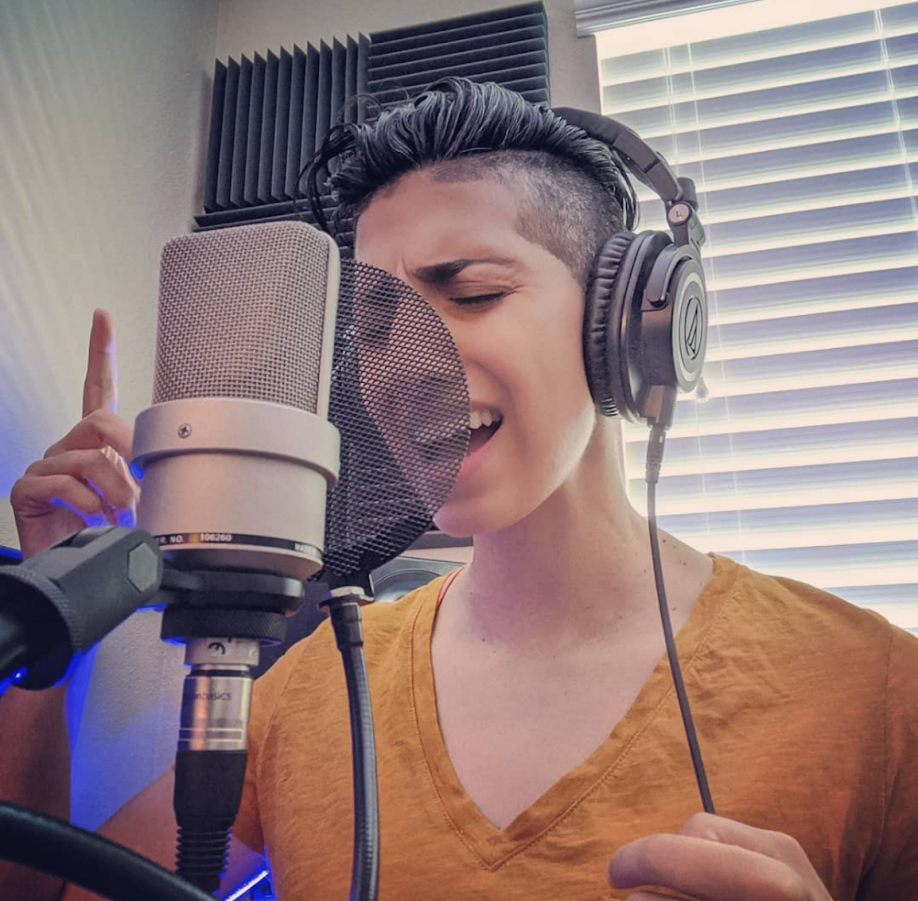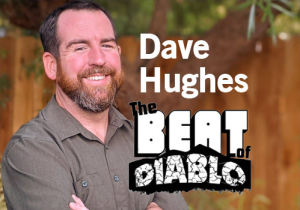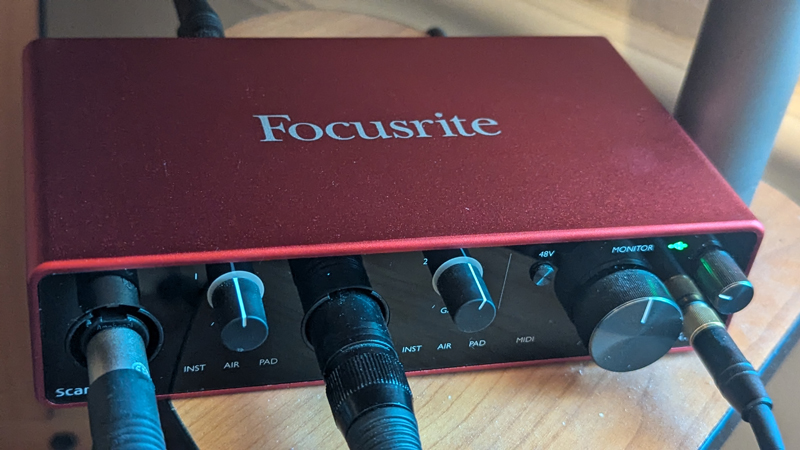A primer on how musicians bottle their magic

 CONTRA COSTA COUNTY, CA (July 18, 2024) — Recording and releasing music has never been easier. You can record music today, and it can be accessible to people around the globe within days or even hours.
CONTRA COSTA COUNTY, CA (July 18, 2024) — Recording and releasing music has never been easier. You can record music today, and it can be accessible to people around the globe within days or even hours.
In this two-part piece, I hope to help musicians – or parents of younger musicians – navigate the process of recording and releasing music in the digital era. Perhaps it will inspire musicians with no recorded works to take the plunge or guide those struggling through the process to reevaluate their method.
Your budget will likely dictate how you approach recording, mixing and mastering your work. If you have a couple thousand dollars to work with, you could rent some studio time, pay for a good mix and then hire someone else to master it. If you’ve only got a few hundred bucks, you’re likely restricted to some form of at-home recording and/or producing. Both are viable options worth exploring.
Recording at home
The DIY approach requires a home studio built around some digital audio workstation (DAW) software. There are plenty of options for DAWs. I asked Professor Doug Michael, the Music Lab coordinator at Diablo Valley College, to weigh in:
“Logic Pro is popular … so is Ableton. They’re both good. Logic Pro is more traditional, whereas with Ableton you get an experimental and creative side. If you’re writing pop tunes, then Logic is the way to go. If not, maybe a little more adventurous, Ableton is amazing.”
Other popular DAWs include Pro Tools, Reaper and Cubase. Prices for DAW licensing range from less than $100 to about $1,000. Read up on options to see what’s right for you.
It’s best to run your DAW on a dedicated computer with a lot of memory. Don’t skimp on RAM or storage space; you’ll need plenty of both to avoid performance issues.

For the hardware, you can acquire a decent audio interface for a couple hundred bucks or less. The Focusrite Scarlett is currently the most popular choice for novice at-home recording artists, but an array of options are available at Guitar Center or Sweetwater.com at comparable rates.
With your DAW, computer and audio interface, you have established the core of your studio. However, depending on what you’ll be recording, you may want to consider purchasing nice microphones and/or investing in some soundproofing for your recording space. If you plan to do your own mixing, opt for quality monitors or high-end headphones.
As you can see, even this “affordable” route can really add up. But if you plan to record a lot over the years, it’s worth the investment and will save you in the long run.
Often overlooked with at-home recording is that once your studio is set up, you still need someone who knows how to operate this stuff proficiently. That may very well be you, but keep in mind that doing the work of a recording engineer requires a different kind of mind space than that of a performing musician. Doing both simultaneously can be frustrating and exhausting and sometimes can compromise your output.
In other words, it’s OK to admit that you’re not a recording engineer, aren’t interested in learning the field or simply want a less stressful experience with the recording process. If that sounds like you, your money would better be spent on time at a studio than on building your own.
Recording in a professional studio
As with all specialty work, leaving it to the professionals when you can afford to is just good sense. When you go the professional route, you’re paying to record in a room that was specifically designed for sound-recording, with expensive equipment that you don’t need to understand and skilled professionals to ensure everything goes right.
All you have to do is play your music. That said, arrive well-rehearsed and ready to get some good takes.
The Bay Area is home to many acclaimed recording studios as well as lesser established (and often cheaper) outlets, all easily found online. Most studios offer an array of services. You can simply capture some quality takes to mix elsewhere. But if you want to leave with a finished product, many studios also offer professional mixing and mastering.
Many people in the sound recording industry recommend having your final mix mastered by someone who wasn’t involved in the mixing. More on that in Part 2.
Contact Dave Hughes at MrDaveHughes@gmail.com.
Read more Beat of Diablo columns.

Dave Hughes
Dave Hughes is a local music advocate with an extensive network of independent artists. He produces and hosts a local music program on KVHS called The Beat of Diablo, every Sunday at 7:00 PM on 90.5 FM. Dave also catalogs local music releases at ConcordRockCity.com.
